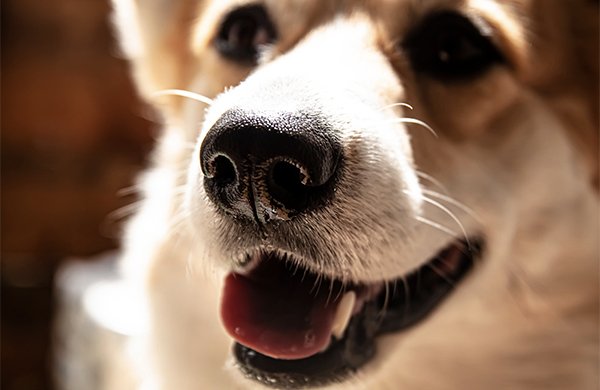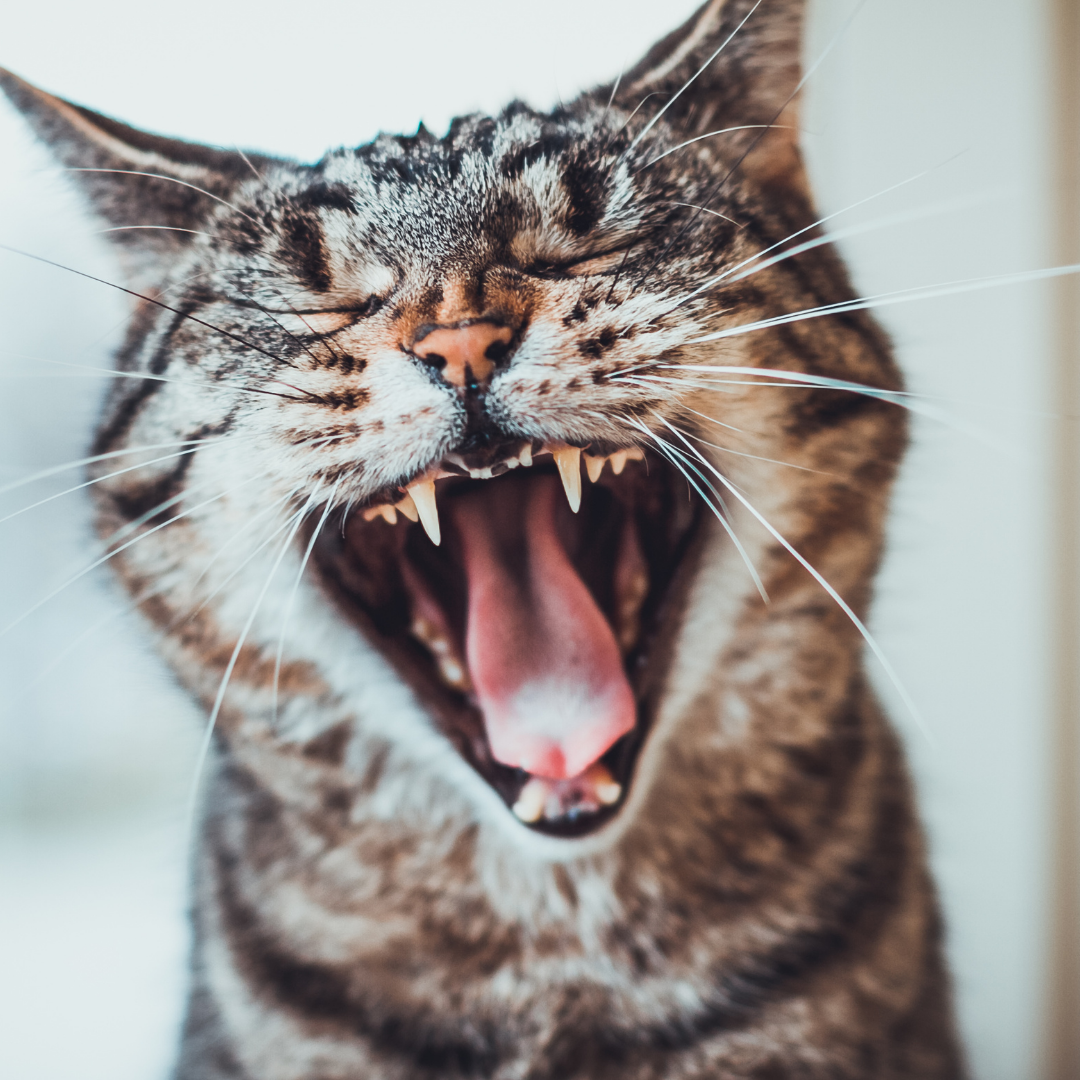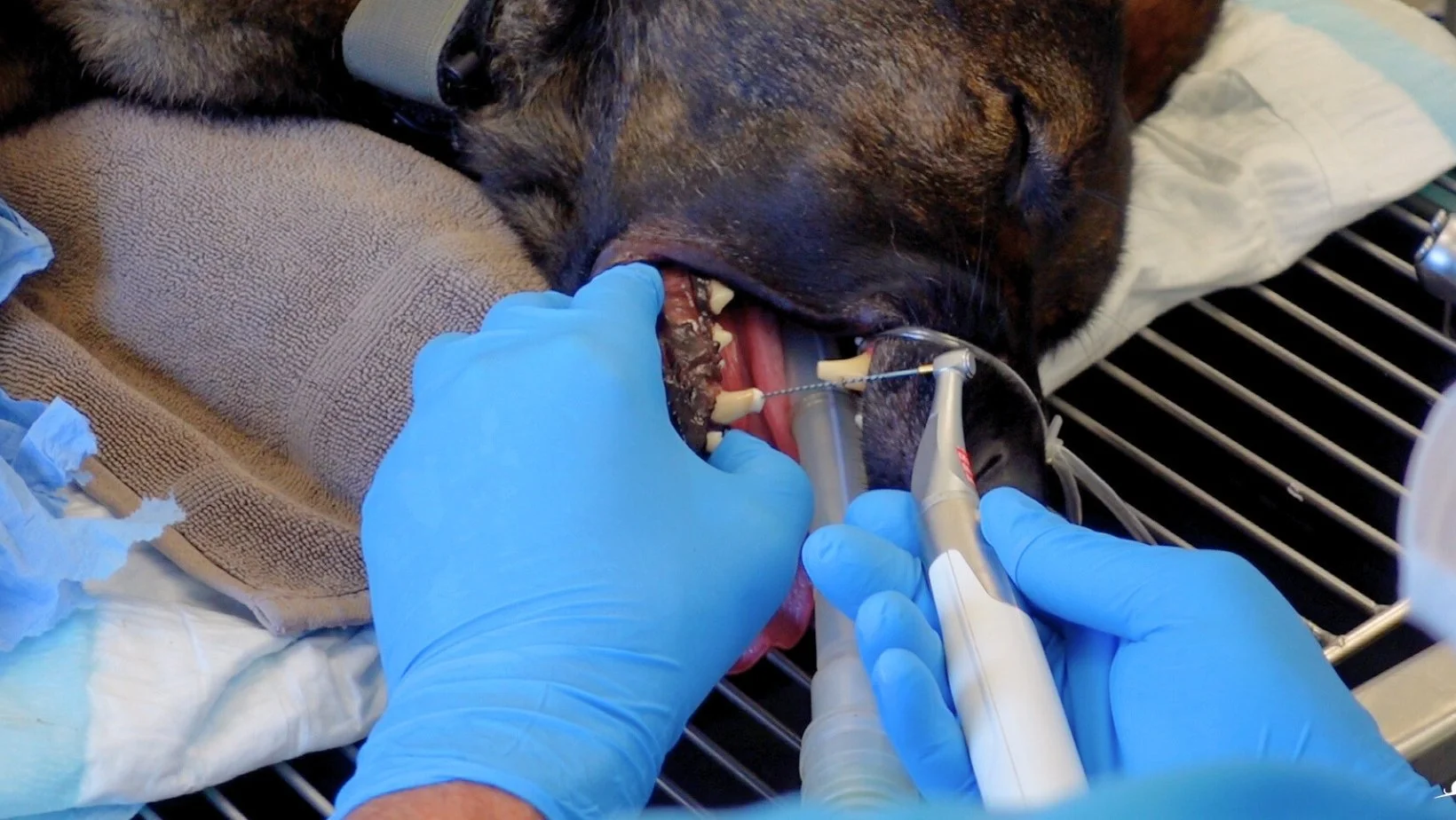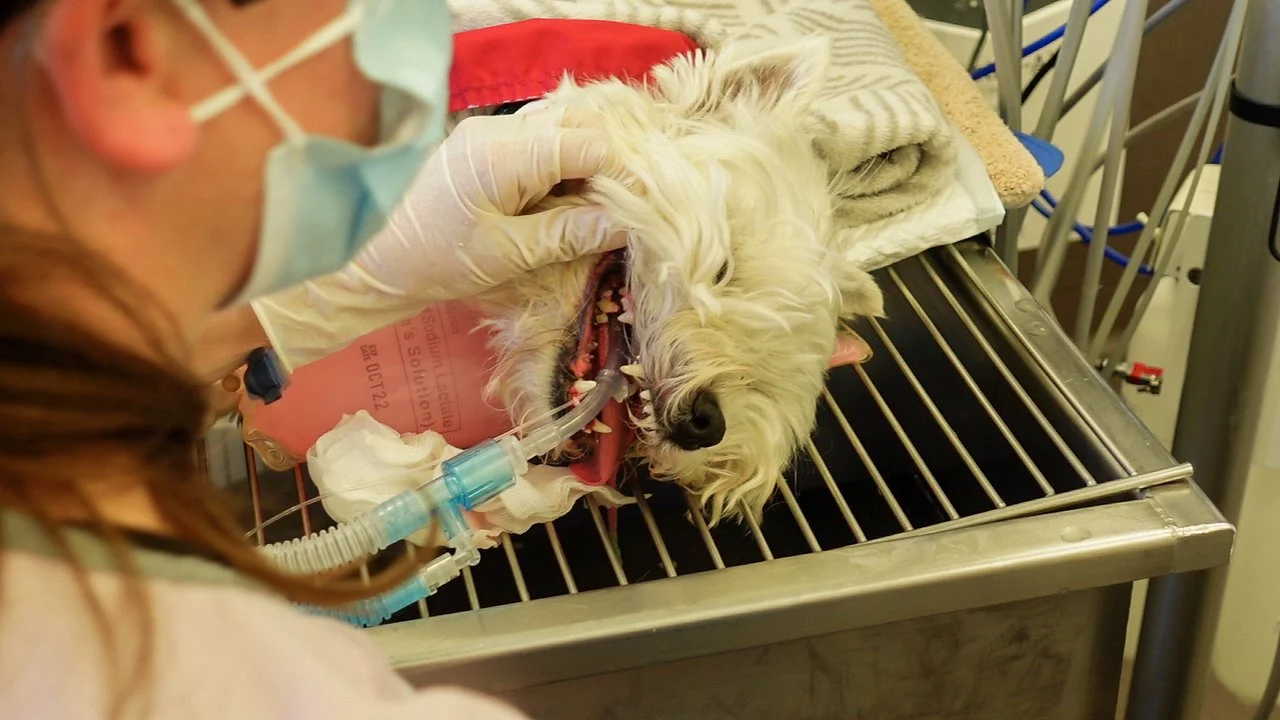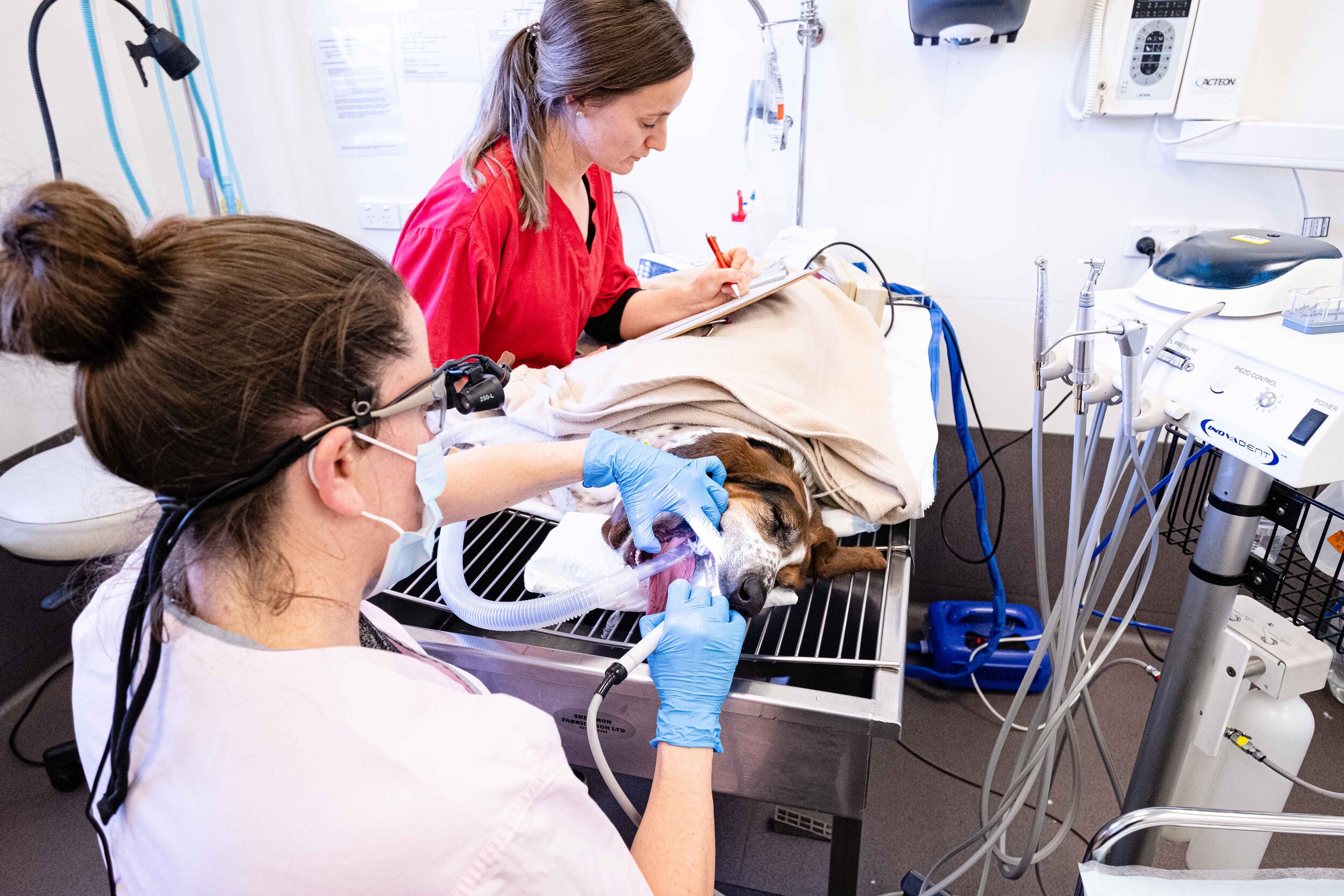
Pet Dentistry
It is a well-known statistic that 80% of our patients (dogs, cats & rabbits) are afflicted with varying stages of dental disease, which is one of the many reasons an annual general health check is so important. If left untreated, dental disease can have serious implications for your pets overall health and welfare.
For dogs and cats, all dental procedures are done under a general anaesthetic in our dedicated dental suite. This gives our vets the opportunity to fully examine your pet’s mouth, take dental radiographs and come up with a plan whether it be a simple ultrasonic scale & polish, tooth extraction(s) or more advanced procedures. One of our highly trained nurses monitors your pet’s anaesthesia throughout. If your pet requires any tooth extractions, local anaesthetic nerve blocks are routinely used.
Once your pet’s mouth is sparkling clean and free of disease, we can then provide you with a wealth of knowledge on what you can do at home to maintain your pet’s dental hygiene in between professional treatments.
Meet Marcella
Marcella has a very special interest in dentistry. Since graduation she has worked in predominantly small animal practice and developed a passion for veterinary dentistry early on in her career.
Meet Paula
Assisting Vet Marcella in the dental suite is Vet Nurse Paula who has a special interest in dentistry and surgery nursing.
Frequently asked dental questions
can they still eat with missing teeth?
The short answer is: Yes. Most patients do not require drastic changes to their diet once their gums have healed
why does my pet need an anaesthetic?
Unlike humans whom we can ask to sit in a chair and say "Ahhhhh", animals as a rule are not as amenable to sitting still for a thorough dental exam.
IS MY PET TOO OLD FOR A DENTAL PROCEDURE?
We quite often hear from clients about pets who have had issues under anaesthesia. Twenty years ago many of these concerns would be valid reasons for not proceeding with an elective procedure in an older pet. This is no longer the case.
why is dental care so expensive?
The cost of dental care for pets is directly related to the requirement for an anaesthetic, anaesthetist and the time & expertise required of a vet to perform a thorough exam and treatment.
WILL MY PET STOP EATING IF HE IS IN PAIN?
Some pets will stop eating altogether when their teeth, bone and gums hurt badly enough. The vast majority, however, will find some tactic to keep eating.
HOW OFTEN SHOULD MY PET SEE THE DENTIST?
The answer to this question is reliant on several factors such as the degree of periodontal disease present, genetic predispositions, lifestyle, and dental homecare provided to name a few.
DO RABBITS & RODENTS NEED TO SEE THE DENTIST?
Rabbits and rodents such as guinea pigs and chinchillas, commonly have dental abnormalities that go undetected until they are severe enough to cause symptoms such as decreased appetite and weight loss.
WHY DO THEIR TEETH HAVE TO BE EXTRACTED?
We understand it's not always nice to hear your beloved pet requires tooth extractions. Rest assured, the decision to extract any teeth is based on strict criteria and always with your consent.
do the young ones require a dental check?
It is important to have teeth checked in puppies and kittens to make sure their teeth are growing in correctly. If they are not growing in correctly, this can cause discomfort, how and what they eat, and also how the upper and lower jaws grow in relation to each other.
Pet Dental Care - More Info
Bad Breath is not normal.
An odour is not normal. Bad breath in pets is often a sign of dental disease and requires treatment to safeguard their health.
Caring for your cat’s teeth at home.
Helping your cat maintain optimum oral health aids in tooth retention, ensures the ability to continue good nutrition throughout life, and contributes greatly to overall systemic health and well-being.
Caring for your dog’s teeth at home.
There is a direct association between inflammatory periodontal disease and cardiovascular, respiratory, liver, kidney and joint disease. So when you take care of your dog’s mouth, you are taking care of the vital organs - simply put, a healthy mouth equals a healthy body.
How to brush your cat’s teeth.
Every cat needs clean, sharp teeth and healthy gums. Damage to the tongue, teeth, palate and gums can lead to many health risks for cats, but these can be prevented with regular vet checks and good old-fashioned tooth-brushing!
How to brush your pet’s teeth.
Just like in humans, dental care is an important part of your pet’s overall health. Follow this guide to help keep their chompers sparkling white at home.
My pet’s teeth are WHERE?
A common feline oral malady is tooth resorption (TR). Greater than half of all cats older than three years old will have at least one tooth affected by resorption.
Root Canal Therapy & Vital Pulpotomy
What is root canal therapy & vital pulpotomy? What happens during these procedures? Why do pets need root canal therapy?
Pet Dental - Videos
WATCH: Follow Sarge as he receives root canal therapy.
Watch: What happens when a cat visits our dentist?
WATCH: Our dental vet Marcella’s top dental tip for pet owners.
WATCH: Meet Marcella Cassiani Lowe our Dentistry Vet!
WATCH: Meet Fiona Wallis, a vet nurse with a special interest in dentistry.








